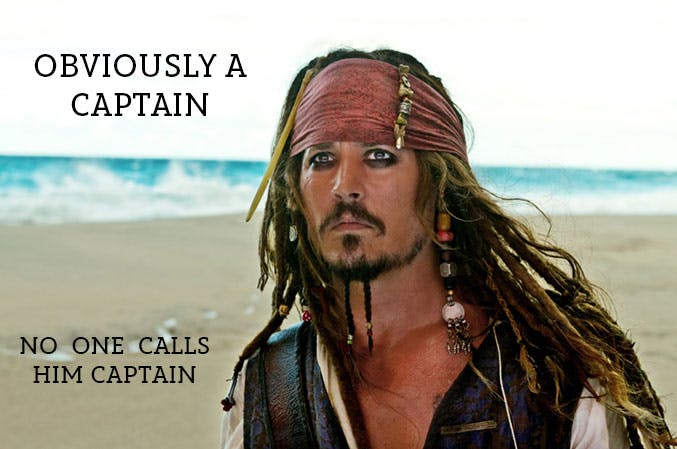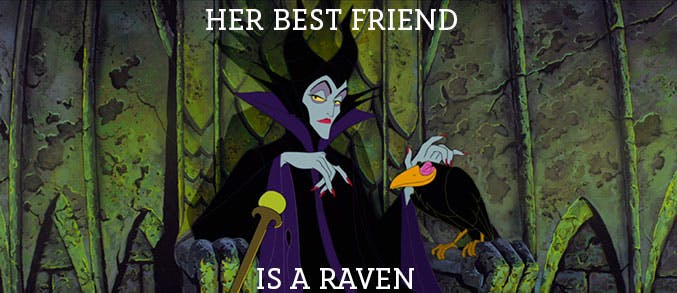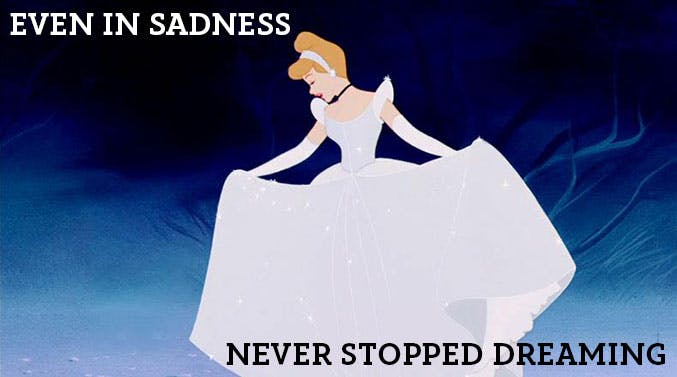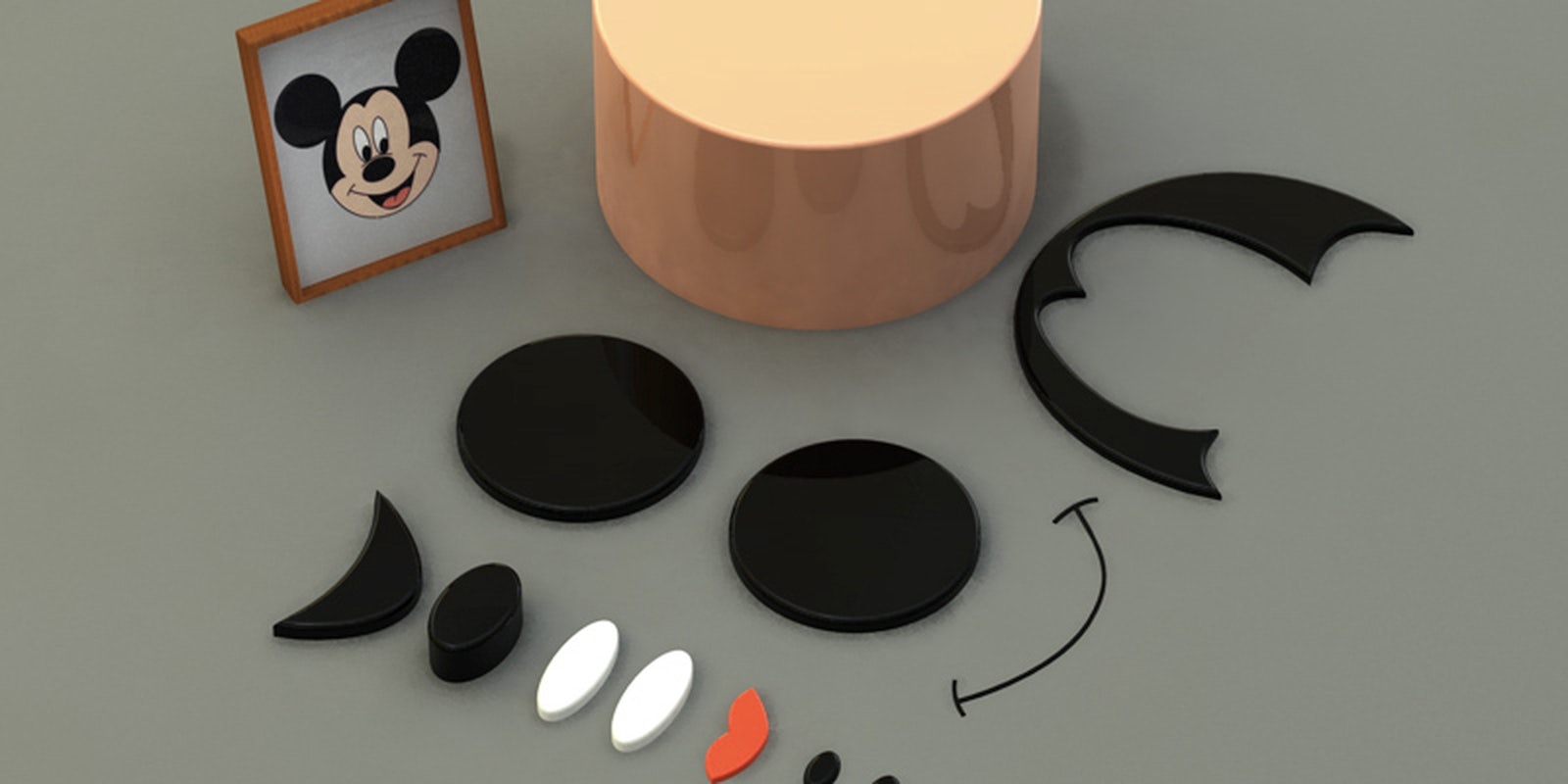Disney is getting a BuzzFeed remodel.
Oh My Disney (OMD) is the Walt Disney Company’s four-month-old editorial project. It’s been repackaging films as shareable listicles with headlines like “15 Signs You Might Be a Princess,” “31 Photos Inside Disney’s Dream Suite,” and “Oh My Disney’s Guide to a Good Night’s Sleep.”
“Sometimes you just need a really good meme,” the company wrote in Monday’s “Disney Memes for Any Situation: Part 1.”
“A meme that expresses exactly what you’re feeling, and what you want—nay—MUST share with the world (read: internet). Look no farther. We have created a series of Disney memes for (almost) every situation.”
The story features screenshots from movies like Cinderella, The Pirates of the Caribbean, and the Lion King with cheesy text.



For many, the campaign has been the death knell of the meme, a catch-all term for ideas or themes that spread organically online.
“A meme is something that catches on and becomes somewhat prolific,” wrote crossfox17 on Reddit. “It can be anything, including but not limited to an image macro.”
“The Internet took something basic, words on pictures, and ruined it,” commander_ninja added in the same thread. “Does anyone remember when ‘meme’ meant more than impact font?”
With the rise of social media platforms like Twitter and Facebook, the meme has been cheapened, overplayed, and commodified—used to reach the least-common denominator online. From politicians to major brands like Home Depot, everyone is trying to cash in on memes online.
The Verge’s Tom Warren summed it up best in an article he wrote on the demise of the Harlem Shake: “After all, an internet meme is only fun until your parents find out about it.”
Photo by x1brett/Flickr


